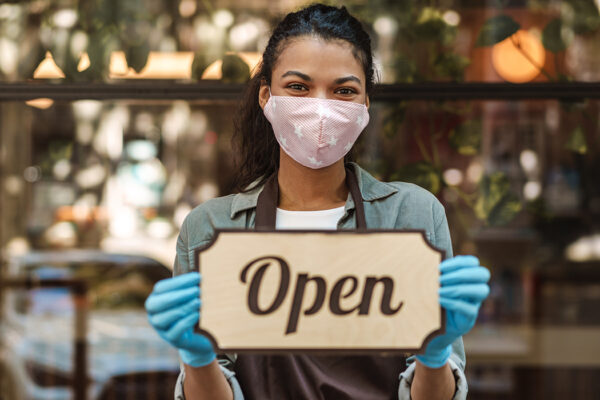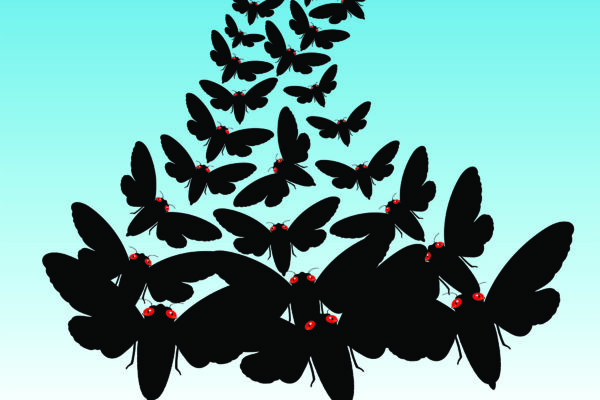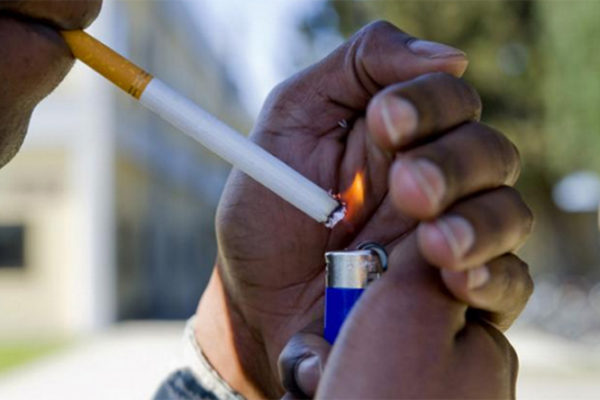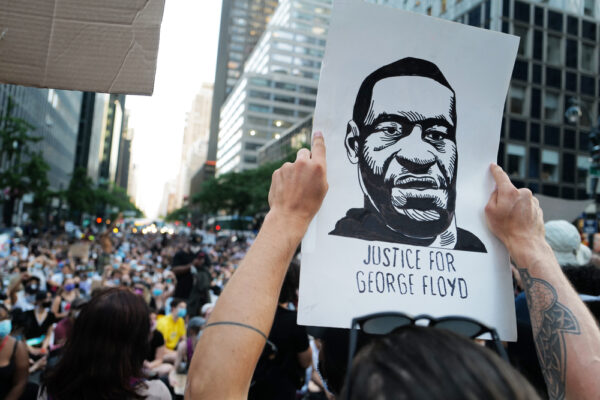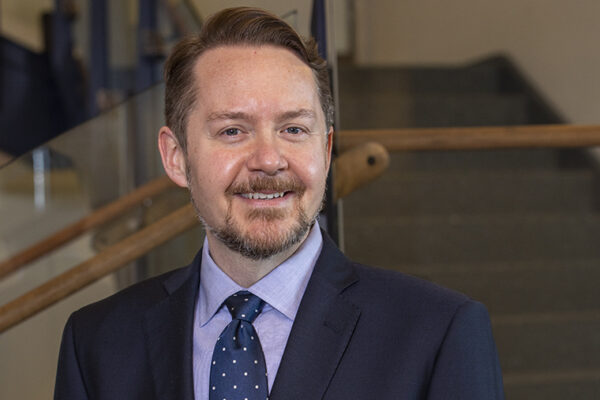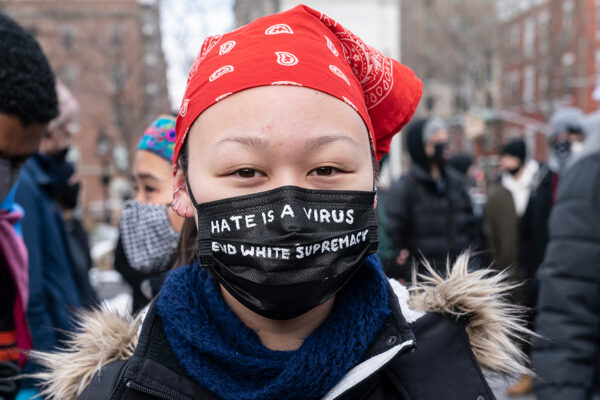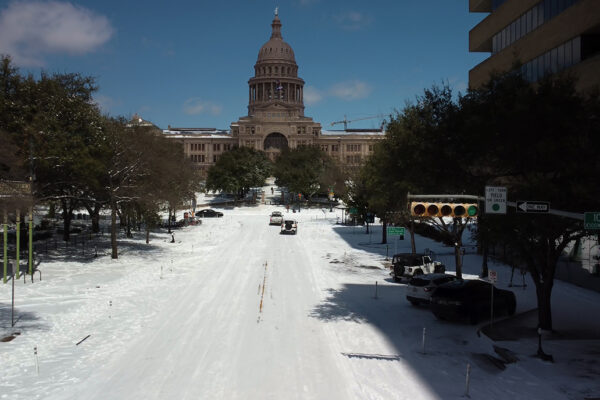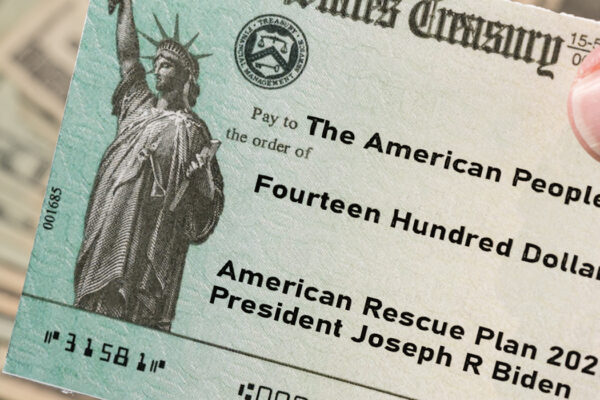Without requiring vaccines, filled stadiums are unsafe
“If vaccines or negative COVID-19 tests are required for attendees, 100% attendance is safe,” says the Washington University in St. Louis mathematician who helped derive the model used for fan-attendance risk analysis across many of America’s sports venues. “Without requiring vaccinations or testing, it’s not.”
How new CDC mask guidelines will impact businesses
The new CDC guidelines may help businesses – especially restaurants and bars – if customers feel safer with the new recommendations, according to Olin Business School’s Raphael Thomadsen and Song Yao.
Brood X cicadas emerge in a rapidly changing world
Periodical cicadas are above ground for only a handful of days every 17 years. Human-induced rapid environmental change is altering the world they will briefly encounter, according to Brett Seymoure, a postdoctoral fellow with the Living Earth Collaborative at Washington University in St. Louis.
FDA menthol ban would benefit Black, younger Americans
The U.S. Food and Drug Administration’s proposed ban on menthol flavored cigarettes and all flavored cigars could be particularly beneficial for Black and young people, says an expert on tobacco control at Washington University in St. Louis.
Five factors that led to Chauvin guilty verdicts
Former Minneapolis police officer Derek Chauvin was convicted April 20 for his killing of George Floyd. Collectively, people across the country breathed a sigh of relief because far too often, the story has been police killing people of color with impunity, says an expert on race and the law at Washington University in St. Louis.
Now playing: Propaganda at the movies
As China prepares for the 100th anniversary of the founding of the Communist Party, thousands of theaters have been instructed to screen at least two propaganda films each week. But
political jargon and ideological mandates may not sit well with 21st-century moviegoers, argues Zhao Ma, associate professor of modern Chinese history and culture in Arts & Sciences.
Executive orders come ‘at great cost’
Like other modern presidents, executive orders may be the only path forward for Biden to deliver on his policy agenda, however these powers come at a great cost, according to Andrew Reeves, associate professor of political science iat Washington University in St. Louis.
Anti-Asian racism nuanced and often intertwined in misogyny
Washington University’s Ariela Schachter and Linling Gao-Miles share their perspectives on the recent killing of eight people — including six women of Asian decent — in Atlanta and the history of anti-Asian racism and violence in the U.S.
ERCOT to blame for Texas blackouts, not renewables or fossil fuels
At the McKelvey School of Engineering at Washington University in St. Louis, the situation and the fallout that followed — the rolling or lasting blackouts, national attention, the termination of the energy group’s CEO — prompted Richard Axelbaum, Stifel & & Quinette Jens Professor of Environmental Engineering Science, and Phillip Irace, PhD candidate and NSF Graduate Student Fellow, to take a closer look.
Breaking down the American Rescue Plan
The American Rescue Plan is a remarkable effort to jump-start the U.S. economy — unprecedented in scale outside of major wars — and will lead to very fast growth of the U.S. economy over the next year, according to Steven Fazzari, director of the Weidenbaum Center on the Economy, Government and Public Policy.
View More Stories

